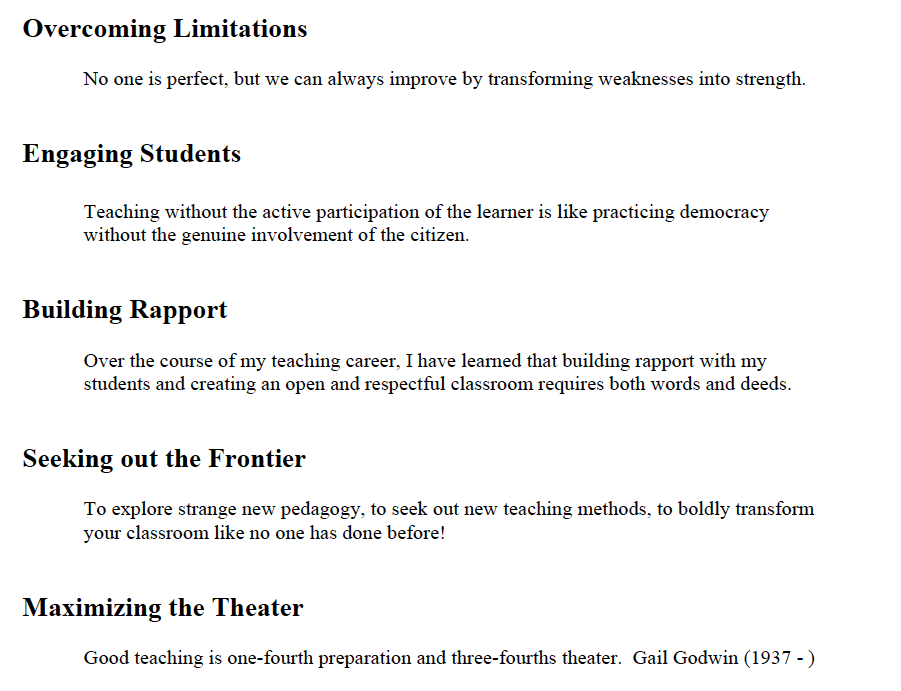Teachers have many functions and play many roles in the classroom that go beyond mere teaching or intellectual abilities. Teaching requires the acquisition and development of many complementary skills that are essential to instruction but not necessarily intellectual. The role of the teacher in the 21st century has developed beyond imparting knowledge. Teachers are not subject matter experts but rather qualified facilitators who carry out the mission of implementing a curriculum effectively. Technology has evolved from subject to be studied into a tool that is used to facilitate learning and instruction. Technology has become part of the educational process, but too often it is separate and not integrated into the learning experience Starr, L. (2016, May 10).
In my opinion, neither resisting being taught to use technology on the grounds that a teacher's role is more intellectual than technical or technological, nor adopting it as a personal preference is an answer to the use of technology in the classroom. Evidently, technology has become a major part in almost every field and education is no different. Embedding technology effectively into learning and assessment activities enhances the delivery of all types of curricula Smith, R., Killen, C., & Knight, S., (2013, September 9). The use of media and online resources has become an almost integrated part of education in the 21st century and this is not expected to change anytime soon. Most teachers today have grown without depending on technology as heavily as today's students do.
Teachers who refuse to learn how to incorporate technology into their instruction are essentially falling behind and will continue to do so. Technology is in constant state of development that is sometimes overwhelming to some teachers, especially the ones with old school habits or mentality. In my opinion,the incorporation of technology in education saves the teacher and the students a lot of time and effort. Furthermore, technology has made an incredible amount of knowledge available to all via a few mouse clicks. Teachers opposing the use technology in this time and age are effectively making their own instructional process and the students learning process much harder than it is supposed to be.
In conclusion, technology has grown to be an enabling factor in the 21st century education. Technology is indeed the sign of our times.
References
1.
Starr, L. (2016, May 10). Integrating Technology in the Classroom: It Takes More Than Just Having Computers. Education World. Retrieved from http://www.educationworld.com/a_tech/tech/tech146.shtml
2.
Smith, R., Killen, C., & Knight, S., (2013, September 9). Using technology to improve curriculum design. Retrieved from https://www.jisc.ac.uk/guides/using-technology-to-improve-curriculum-design


